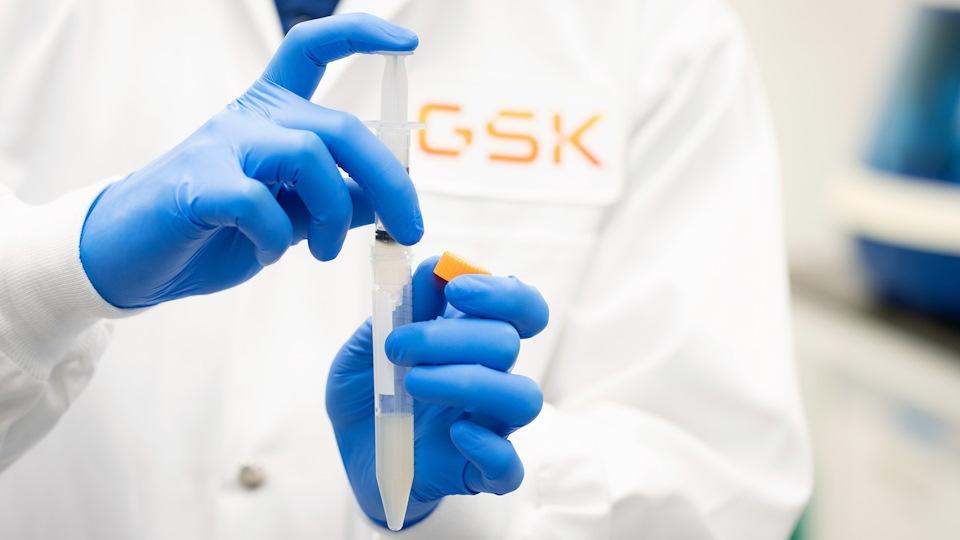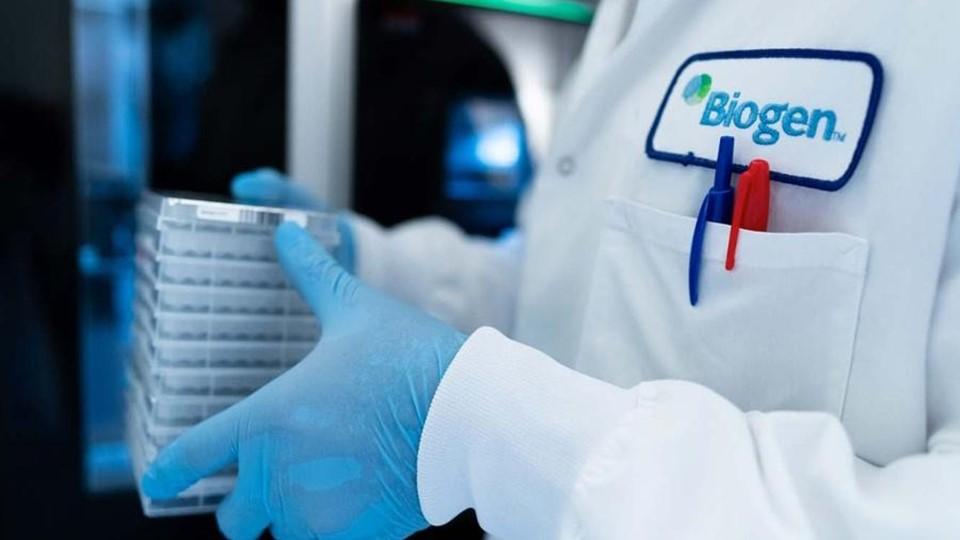GSK raises forecasts for 2024, but shares slide

GSK posted a healthy 13% increase in second-quarter sales this morning and raised its forecasts for the year on the back of gains for its cancer and HIV drugs, beating market expectations.
Total sales in the three-month period reached £7.9 billion ($10.15 billion), with HIV drugs rising 13% to £1.76 billion and cancer sales more than doubling to £356 million, led by PARP inhibitor Zejula (niraparib) for ovarian cancer.
GSK has now revised its sales growth forecast for 2024 upwards to 7%-9% – up from 5%-7% – and now expects earnings per share growth of 10%-12%, rather than 8%-10%. It is following the trend set by other European pharma groups – including AstraZeneca, Novartis, Sanofi, and Roche – in raising financial expectations for the full year.
Despite the solid gains, shares in GSK had slipped around 2% at the time of writing, on what appeared to be lingering concerns about the company's liability relating to litigation claiming that gastrointestinal drug Zantac (ranitidine) caused cancer and a downward revision for sales expectations in its vaccines business.
There was a slightly worse-than-expected performance for respiratory syncytial virus (RSV) vaccine Arexvy and a decline in sales for GSK's important vaccines business. While outside the usual RSV season, Arexvy came in below forecasts, with sales of £62 million in the quarter, while GSK's top-selling shingles shot Shingrix slid 4% to £832 million.
There has been mixed news of late for Arexvy, which is viewed as GSK's top growth prospect. A decision by a US Centers for Disease Control and Prevention committee to recommend routine vaccination only for the over-75s in the 2024/25 RSV season, restricting use in the 60-74 age bracket to people at risk of severe infections, could affect uptake in the US. Last year, the CDC recommended shots for those aged 60 and over after a physician consultation.
On the other hand, the vaccine has recently been approved in the US for adults aged 50-59 at increased risk from RSV and was just recommended for approval for that indication in the EU.
GSK chief executive Emma Walmsley said the results were "excellent" and demonstrate the group's continued momentum. She also pointed to the revitalisation of the company's R&D pipeline – which for some time had been a cause for concern – saying: "So far this year, we have secured approvals or filings for 10 major opportunities and reported positive data from seven phase 3 trials."
That includes turnaround data for Blenrep (belantamab mafodotin), an anti-BCMA drug once thought to have been all but defunct, but which is now poised for a renaissance in blood cancer multiple myeloma, and pivotal results for depomikamab in severe asthma and checkpoint inhibitor Jemperli (dostarlimab) in endometrial cancer.












